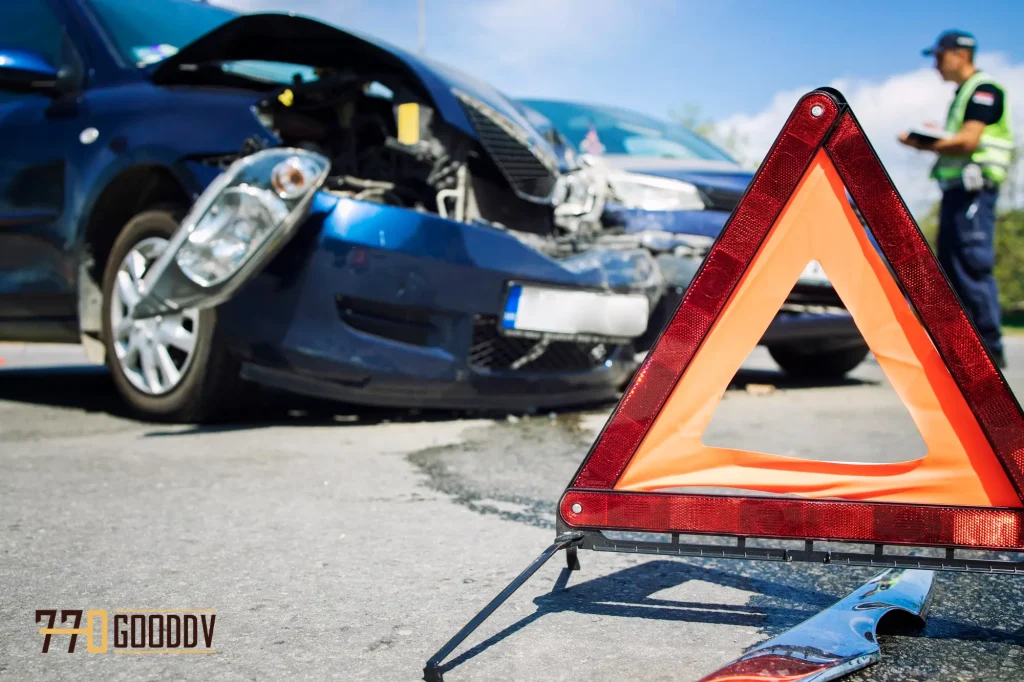Nobody looks forward to the aftermath of a car accident. Aside from potential injuries, there’s a slew of logistical nightmares: dealing with insurance, securing a rental, and managing repairs. Yet, there’s another financial sting that often goes unnoticed until it’s too late—the diminished value (DV) of your vehicle. If your car has been involved in an accident, its market value will inevitably drop, even with repairs restoring it to near-perfect condition. This article dives into the costs associated with getting a diminished value appraisal—an essential step in claiming the value lost.

What is a Diminished Value Appraisal?
A diminished value appraisal evaluates the difference between a car’s market value before and after an accident. When a vehicle is involved in a wreck, its resale value decreases, regardless of how well it’s repaired. Buyers are generally hesitant to pay the same price for a car with an accident history compared to an equivalent model with a clean history.
This drop in value can be significant, particularly for high-end or luxury cars. For instance, a luxury vehicle that might have fetched $50,000 on the market could see its worth plummet by $10,000 or more after a significant accident. This is where a diminished value claim comes into play, allowing you to potentially recover this lost value if you’re not at fault in the accident.
Cost of Diminished Value Appraisals
So, how much does obtaining a diminished value appraisal actually cost? Prices vary widely but typically range from:
- Basic Appraisal Cost: $350 – $450
- Comprehensive Appraisal Cost: $450 – $699
These costs are influenced by several factors, including the complexity of the appraisal and the type of vehicle involved. It’s a strategic investment, as failing to obtain a proper diminished value report could result in losing out on thousands of dollars.
Why Invest in a Diminished Value Appraisal?
- Maximizing Claim Value: Ensures you receive the maximum possible compensation for the diminished value.
- Evidence in Disputes: Provides robust evidence in case of disputes with insurance companies.
- Peace of Mind: Knowing you’ve documented the post-accident value of your vehicle accurately
Real-World Application of Diminished Value Appraisals
Here are a few bullet points to illustrate when and why these appraisals are crucial:
- Post-Accident Sales: If you’re planning to sell your vehicle after an accident, a DV report can justify your asking price.
- Insurance Claims: When negotiating with insurance, a DV report strengthens your position.
- Lease Returns: For leased vehicles, a DV report can negotiate end-of-lease charges related to accident damages.
Conclusion
While the upfront cost of a diminished value appraisal might seem like just another expense post-accident, it is a worthwhile investment for anyone not at fault in a collision. By understanding and utilizing diminished value claims, you can significantly mitigate the financial blow caused by an accident and ensure you receive fair compensation for your vehicle’s lost value. Remember, the key to maximizing your claim lies in a detailed and professional diminished value appraisal. Don’t let the aftermath of a crash impact your financial future more than it has to.
